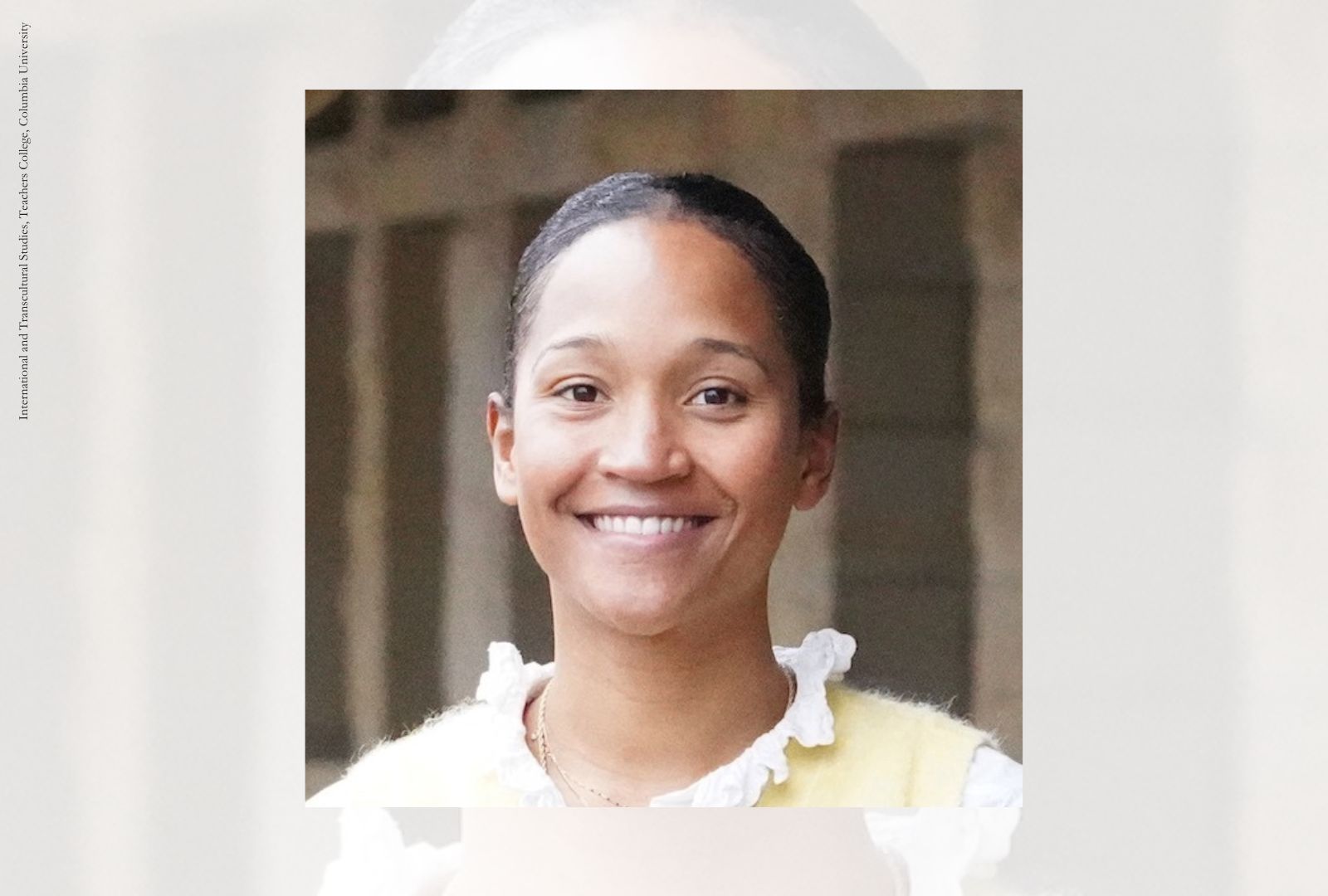Camille Fabo has been honored with the prestigious CIES Education in Conflict and Emergencies Special Interest Group (EiCE SIG) Student Paper Award. This award recognizes exceptional research by undergraduate and graduate students who explore the role of education in conflict-affected areas. It acknowledges studies on how education operates amid armed conflict and natural disasters, the rebuilding of educational systems after crises, and the connections between education, peace-building, justice, and resilience in these affected settings.
Fabo’s paper examines the role of education as a tool for social cohesion during periods of national identity transformation and the conceptualization of international identity. The study analyzes the evolution of educational discourses and policies aimed at fostering nation-building, patriotism, and peace education for international understanding. Drawing on government reports on educational reforms published in the International Yearbook of Education by the International Bureau of Education (1933–1969), Fabo identifies a post-World War II rise in peace education policies, alongside a decline in nation-building policies. However, while peace education policies were often normative and lacked substantive structural reforms, nation-building policies were more likely to translate into concrete educational changes. By highlighting the gap between rhetoric and national priorities, this research contributes to broader discussions on education, conflict, and policymaking for peacebuilding.
Fabo’s inspiration for this research stems from a deep interest in the link between peacebuilding and the formation of what Benedict Anderson termed an “imagined community.” Understanding how discourses on peace and civics have evolved within international frameworks, particularly in response to major global and national disruptions such as world wars, independence movements, and the Cold War, was central to this study. By analyzing historical trends in peace education and nation-building, this research calls attention to the often-overlooked tensions between policy rhetoric and implementation. Reflecting on the most rewarding aspect of this research, Fabo highlights the process of uncovering important historical data on educational policies and translating qualitative insights into quantitative trends and patterns. This study is part of a broader collaboration with UNESCO’s International Bureau of Education (IBE) and Stanford’s World Education Reform Database (WERD), contributing to ongoing efforts to build a comprehensive database of educational reforms that integrates historical data.
Looking ahead, Fabo aims to expand this work by incorporating more recent educational policies and examining how global education frameworks align with local realities. In particular, she is interested in exploring how civic education for social cohesion, peace, and international understanding is enacted in practice. Fabo’s research underscores the crucial role of education in shaping social cohesion and international identity, offering valuable insights for policymakers, educators, and researchers dedicated to education in conflict and emergencies.
